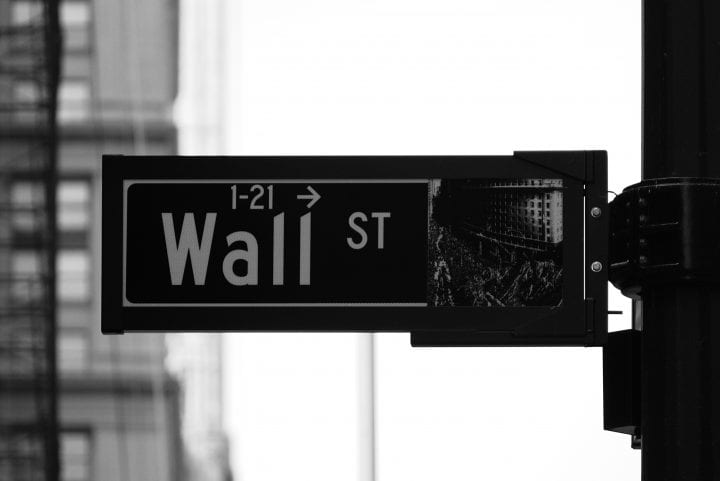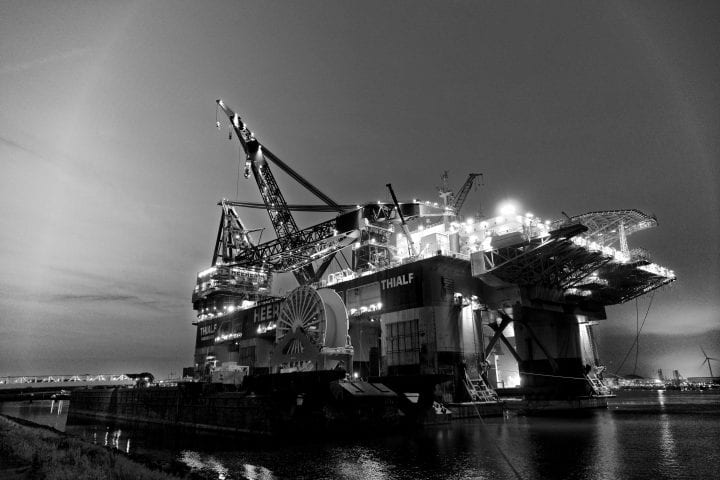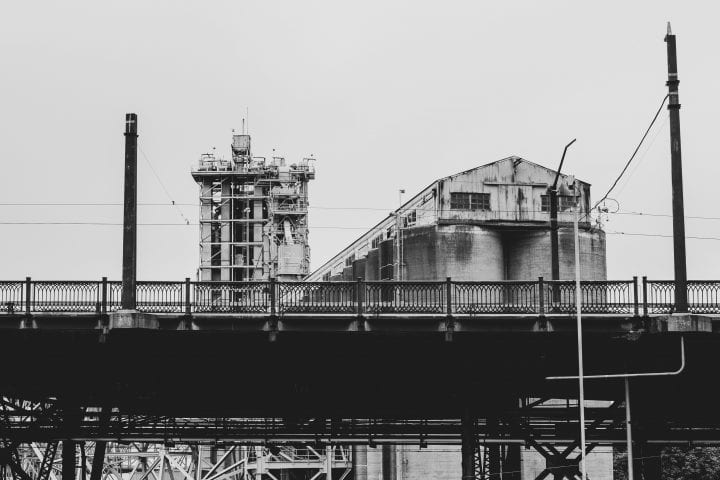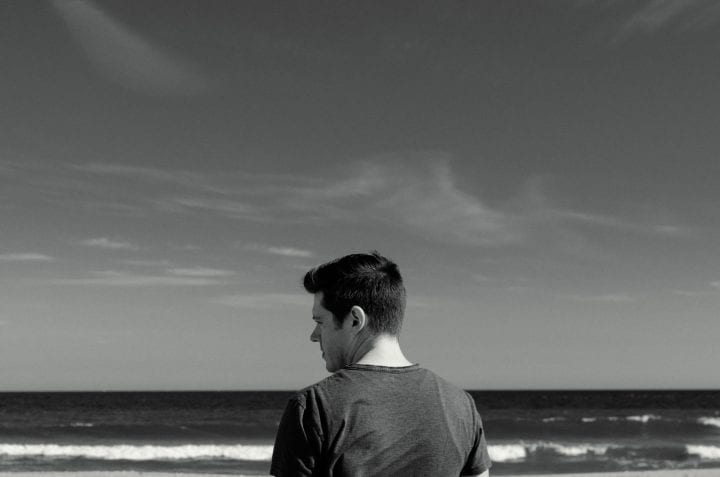
Adam Davidson Answers Five Essential Questions about the Economy
January 8, 2020
By Rachel Bachler
Planet Money. For many Americans, this National Public Radio program is a household name. But for those who find themselves less familiar with its creator, Adam Davidson, let us introduce you: he’s the economy guy.
The award-winning co-founder of Planet Money, the former New York Times Magazine’s “It’s the Economy” columnist, and a current New Yorker staff writer, Davidson has made the goings-on of global economics accessible and digestible for every American. And, in 2020, he’s offering an even more intimate, career-focused look into our current economy in his new book, The Passion Economy.
If you, like us, have a year of financial goals and milestones ahead of you, there’s no one better than Davidson to equip your new-year-new-you with some essential money talk. From questions like whether the world would be better without oil to just how your latest t-shirt purchase impacts the international market, here are five of Davidson’s expert economic deep-dives to bring you into a new year of financial savvy.
And, if you find yourself looking for more after you listen, join him for his original talk at Benaroya Hall on Wednesday, January 22, at 7:30pm. Tickets are still available!

The 2008 Housing Crisis: why did it happen, and who was responsible?
Adam Davidson and Alex Blumberg produced the surprisingly entertaining story,“The Giant Pool of Money,” for NPR’s This American Life, a deconstruction of the housing crisis of 2008 and its effects felt across the country. The success of this radio documentary soon won recognition by the Arthur L. Carter of Journalism Institute at New York University as one of the top ten journalistic accomplishments of the decade and led to the launch of Planet Money. Listen to the episode.

The Oil Industry: what would our world look like without oil?
In 2016, the team at Planet Money headed out to Kansas with a briefcase full of cash and visions of oil barrels dancing in their heads. This 5-episode series, “Planet Money Buys Oil,” explores how fossil fuel is bought, middle-manned, refined, hauled, and burned in everything from our Ford F-150s to the fertilizer that grows the lettuce in our sandwiches. Listen to the series.

American Manufacturing: is it dead?
In an industry that has replaced thousands of jobs with machines, with fewer and fewer employee-run lines still operating, it would certainly be easy to think that U.S. manufacturing is nearly extinct. But things may not be so bleak. In Planet Money’s “The Machine Comes to Town,” Davidson examines the state of the manufacturing industry and the impacts of technology in the American workforce at large. Listen to the episode.

The Dow Jones Industrial Average: um, exactly what is it again?
Ever turn on the radio and hear some jargon about “the Dow” and its movement up or down? Ever wonder what it is, if it affects you, or if you should even care? In this early episode of Planet Money, “Don’t Believe the Hype,” Davidson and co-host Caitlin Kenney dissect what the Dow Jones Industrial Average is, how it operates, and what it means for your wallet. Listen to the episode.

The Cotton King: what goes into that shirt you’re wearing?
From farm to factory, the cotton industry has always been a powerful force in the global economy, which can be traced through the story of a simple t-shirt. Davidson and Blumberg embark on a fascinating exploration of each step in the manufacturing process, the taxes that dictate the price we pay at the cash register, and how the t-shirt industry makes waves from Colombia to Bangladesh in the multi-part “Planet Money T-Shirt Project.” Listen to the series.
Rachel Bachler is the Senior Administrative Assistant to Creative Directors of Marketing at REI, making strides in organizational leadership and systematic productivity. An advocate for the arts, Rachel works on staff with the Seattle Symphony to promote consumer experience. Trained at Pacific Northwest Ballet School, she went on to earn her teaching certificate with American Ballet Theatre, later receiving their Affiliate Teacher Award. Rachel holds a B.A. in Business Administration from Hope International University.